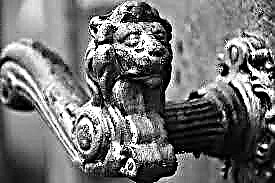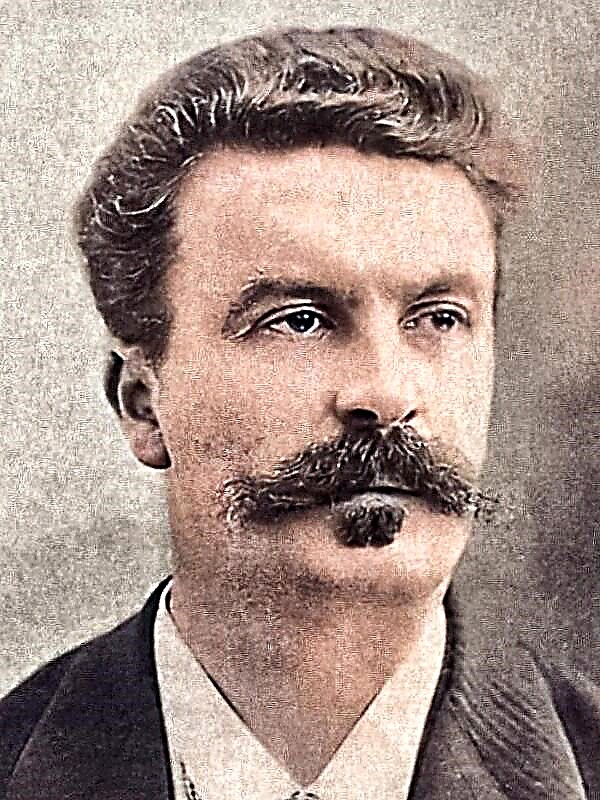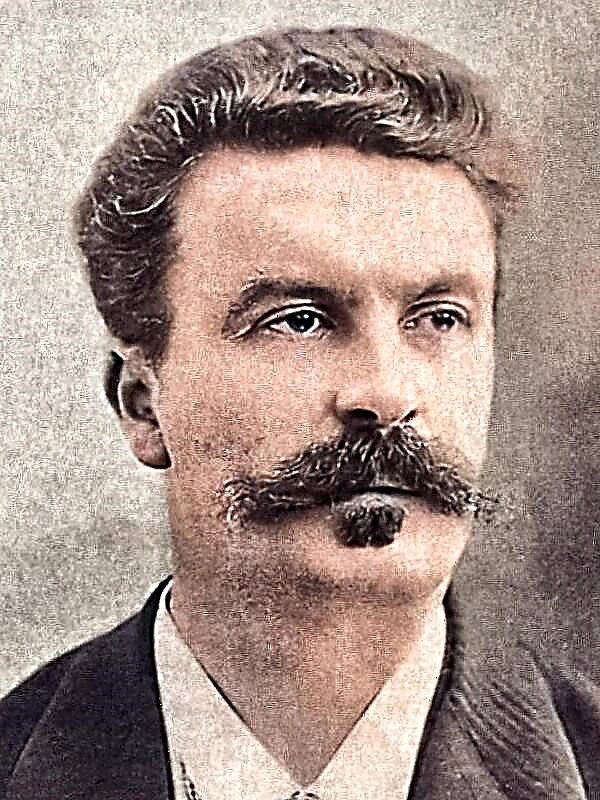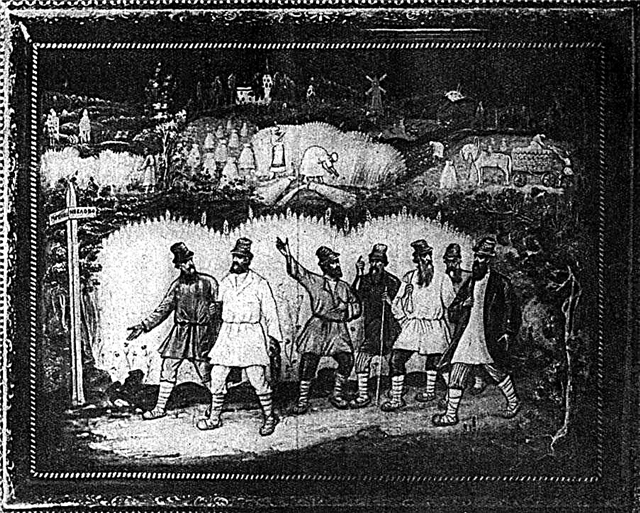The described incident, according to the narrator, happened in St. Petersburg on March 25. The barber Ivan Yakovlevich, biting off in the morning of fresh bread baked by his wife Praskovia Osipovna, finds his nose in it. Puzzled by this unrealizable incident, recognizing the nose of college assessor Kovalev, he searches in vain for a way to get rid of his find. Finally, he throws it from the Isakievsky bridge and, against all expectations, is delayed by a quarterly warden with large whiskers.
The college assessor Kovalev (who was more fond of being called a major), waking up the same morning with the intention of inspecting a pimple that had just jumped up on his nose, does not even find his nose. Major Kovalev, who needs a decent appearance, because the purpose of his visit to the capital is to find a place in some prominent department and, possibly, to get married (on the occasion of which he is familiar with ladies in many houses: Chekhtyreva, a state councilor, Pelageya Grigoryevna Podtochina, Head Officer), - goes to the Chief Police Officer, but meets his own nose on the way (dressed, however, in a gold-embroidered uniform and hat with a plume revealing a state councilor in it). The nose gets into the carriage and goes to the Kazan Cathedral, where it prays with the look of the greatest piety.
Major Kovalev, at first shy, and then directly calling his nose befitting his name, does not succeed in his intentions and, distracted by a lady in a hat as light as a cake, loses an unyielding interlocutor. Not finding the chief police officer at home, Kovalev goes on a newspaper expedition, wanting to advertise his loss, but the gray-haired official refuses him (“The newspaper may lose his reputation”) and, full of compassion, offers to smell a tobacco, which completely upsets Major Kovalev. He goes to a private bailiff, but finds him in the mood to sleep after dinner and listens to annoyed remarks about "all kinds of majors," who the hell lurks where, and that a decent person will not be torn off his nose. Arriving home, the saddened Kovalev ponders over the reasons for the strange loss and decides that it’s the fault of headquarters officer Podtochina, whose daughter he was in no hurry to marry, and, out of vengeance, she hired some grandmothers. The sudden appearance of a police officer who brought a paper-wrapped nose and announced that he had been intercepted on the road to Riga with a fake pasport, plunges Kovalev into joyful unconsciousness.
However, his joy is premature: his nose does not stick to his former place. The called doctor does not undertake to put his nose, assuring that it will be even worse, and prompts Kovalev to put his nose in a jar of alcohol and sell it for decent money. The unfortunate Kovalev writes to headquarters officer Podtochina, reproaching, threatening, and demanding that his nose be returned immediately. The response of the headquarters officer exposes her complete innocence, for it reveals a degree of misunderstanding that cannot be imagined on purpose.
Meanwhile, rumors are spreading and growing in many details around the capital: they say that exactly in the nose of the collegiate assessor Kovalev walks along Nevsky, then - that he is in the store of Junker, then in the Tauride Garden; many people flock to all these places, and enterprising speculators build benches for easy observation. One way or another, but on April 7, the nose was back in its place. To the happy Kovalev, the barber is Ivan Yakovlevich and shaves him with the greatest caution and embarrassment. One day, Major Kovalev has time everywhere: to the confectionery, and to the department where he was looking for places, and to his friend, also a college assessor or major, he meets on the way headquarters officer Podtochina with his daughter, in a conversation with whom he thoroughly sniffs tobacco.
The description of his happy mood is interrupted by the sudden recognition of the writer that there is a lot of implausible in this story and it is especially surprising that there are authors who take such stories. By some thought, the writer nevertheless declares that such incidents are rare, but still happen.

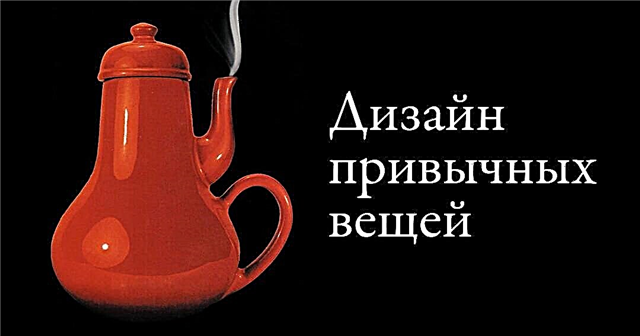




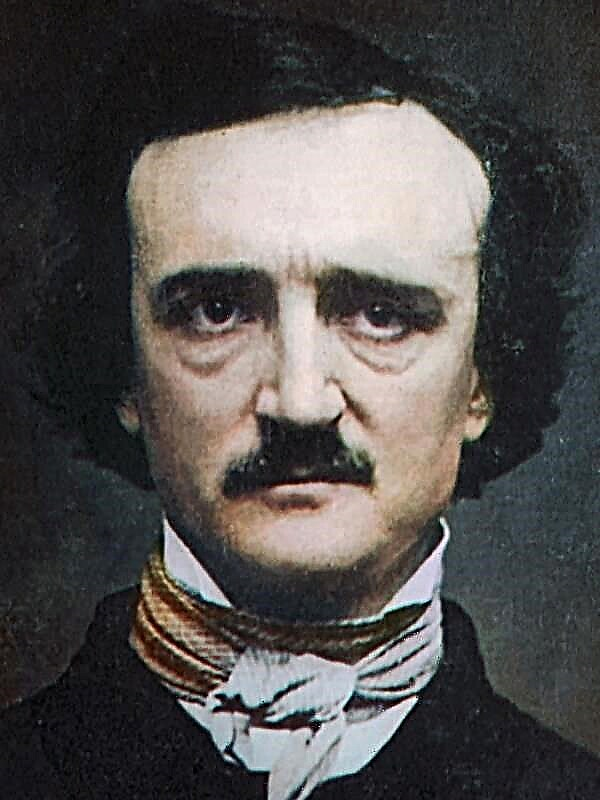
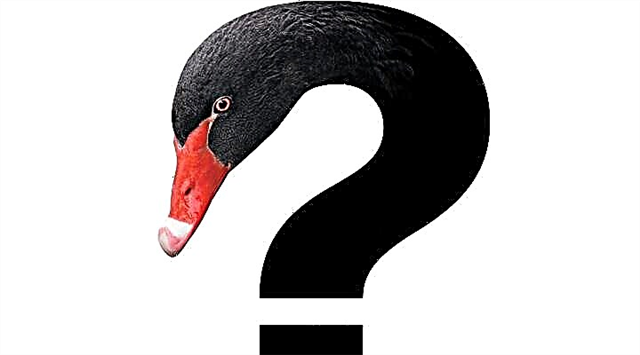 Black Swan
Black Swan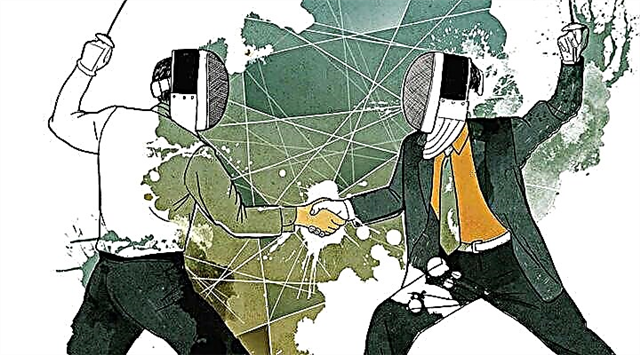 Negotiating without defeat
Negotiating without defeat